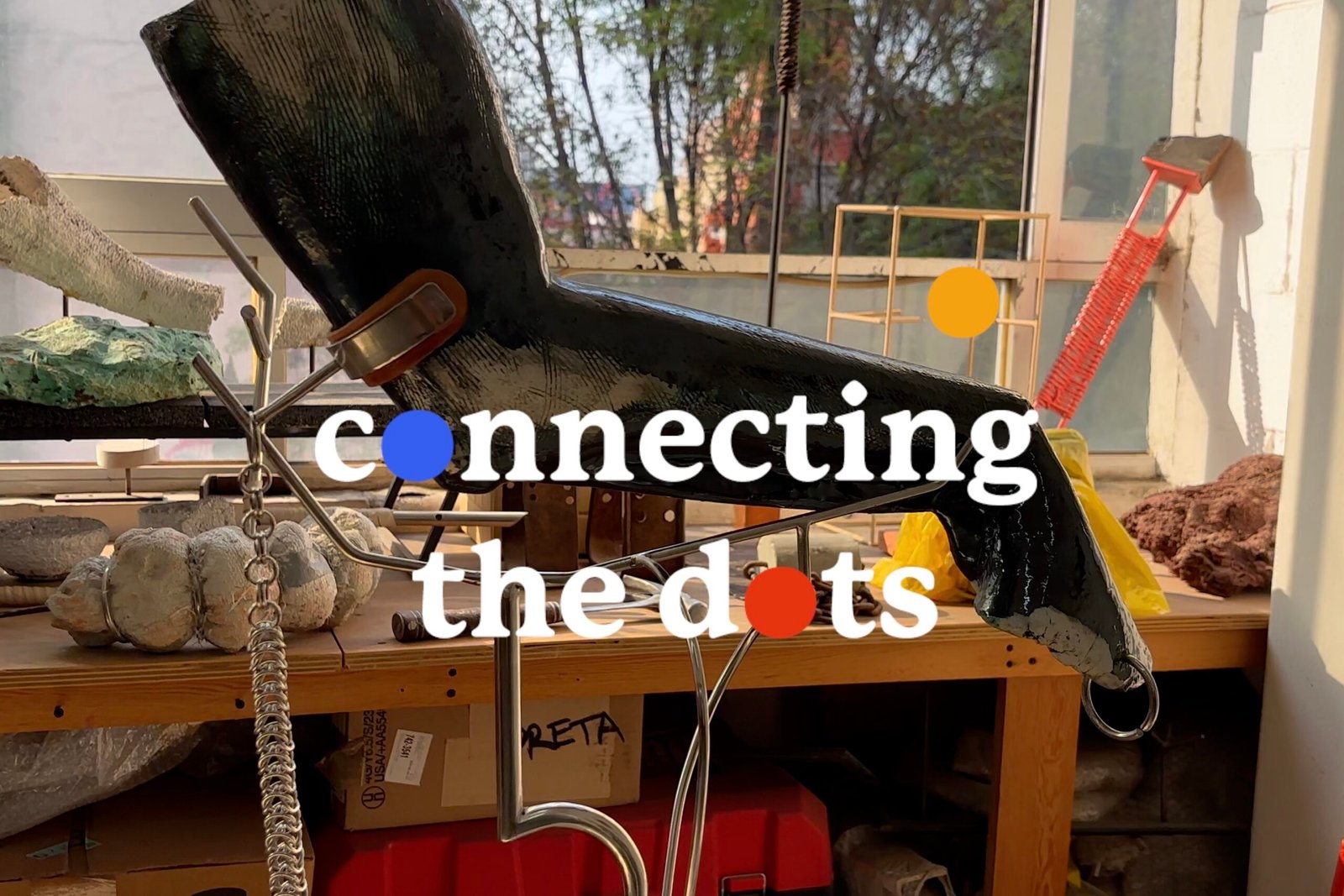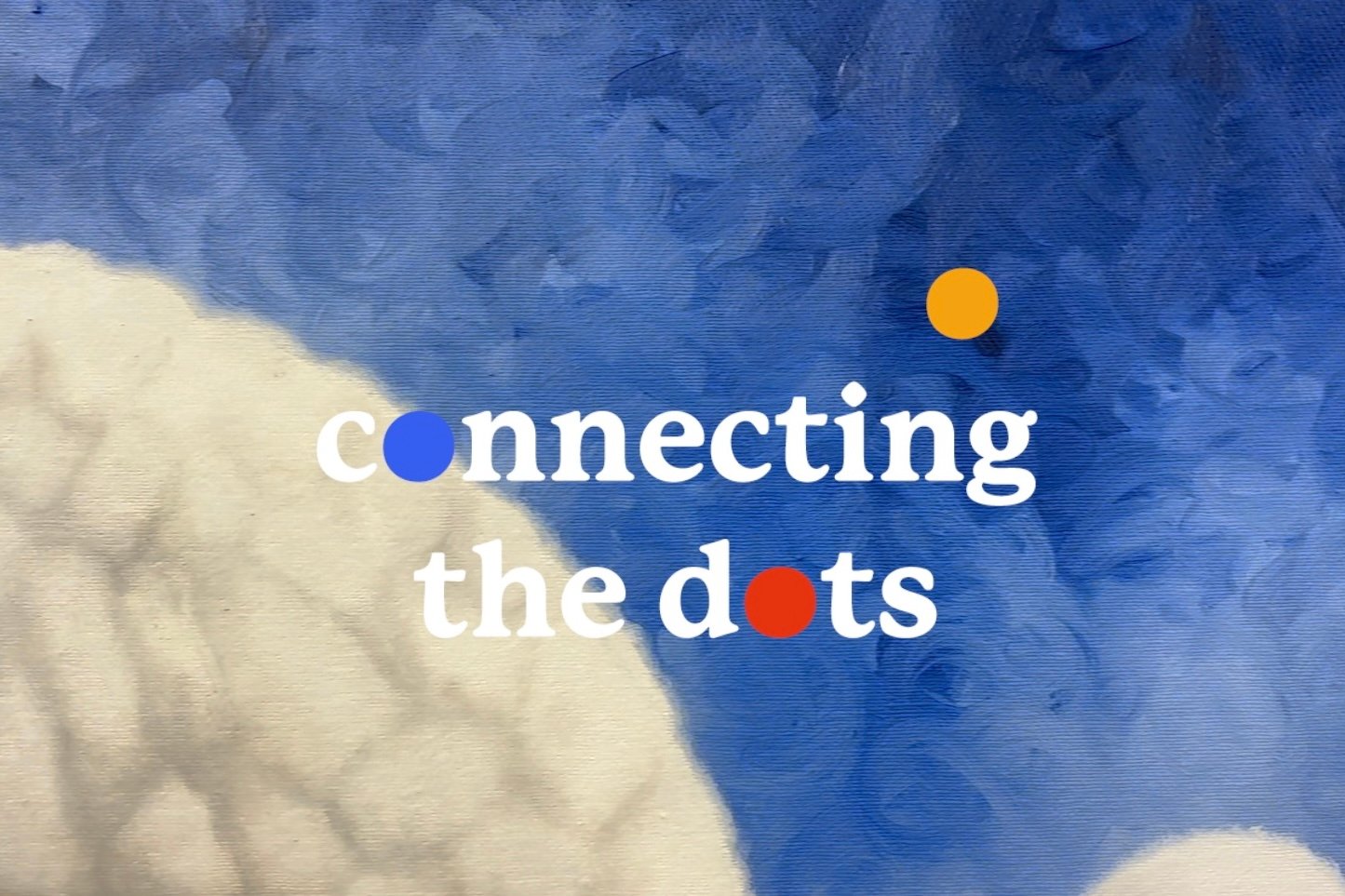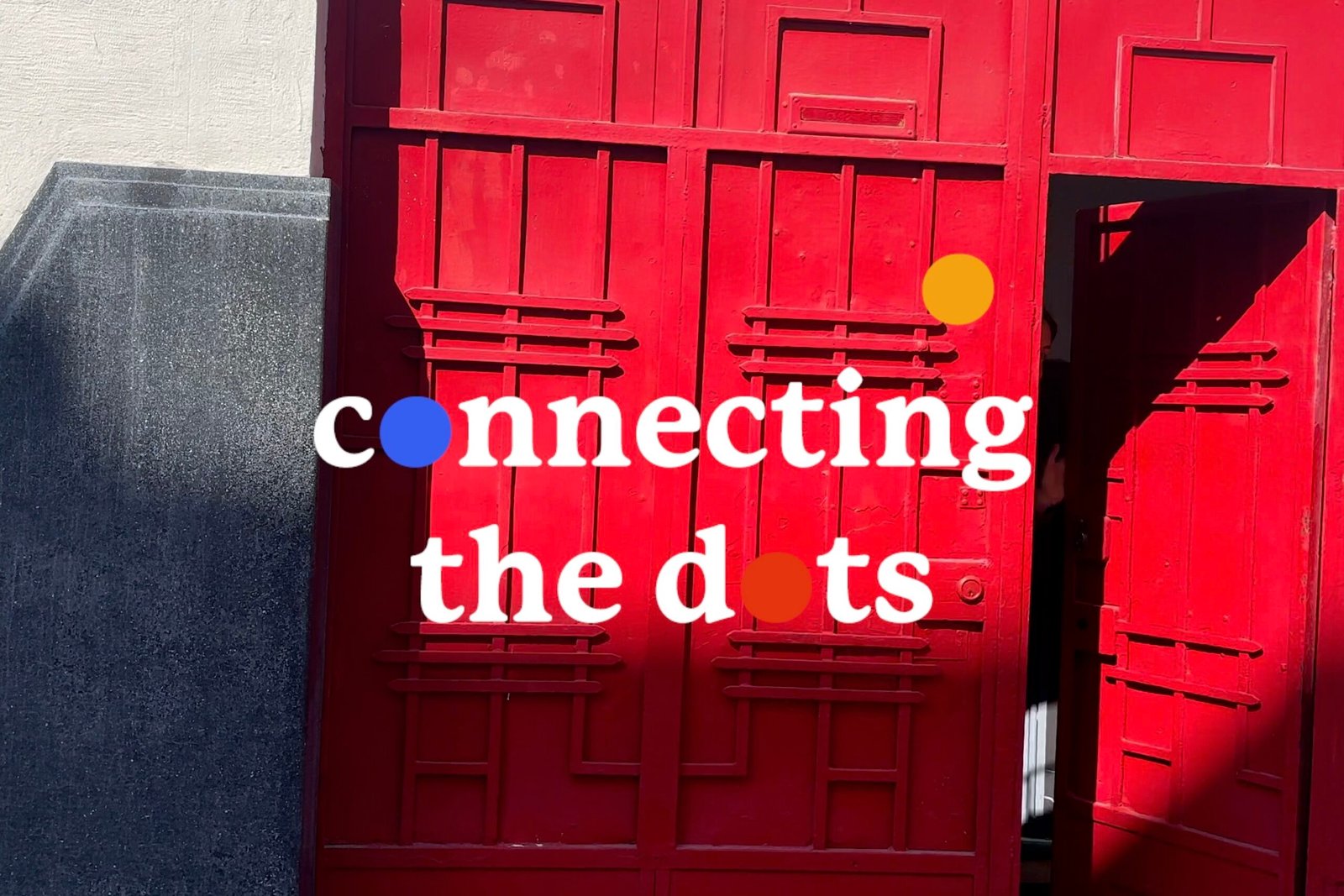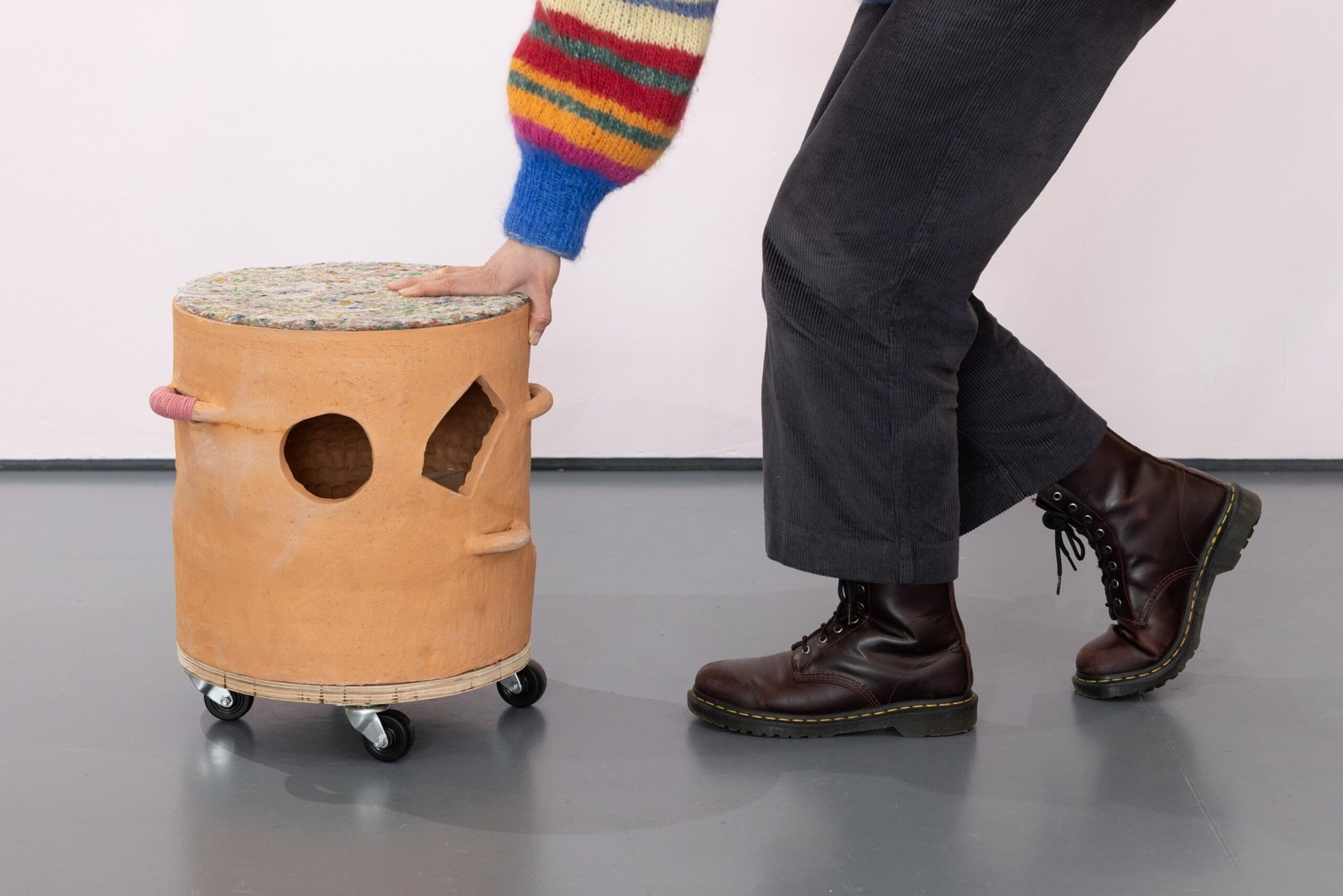
Starting a Fair Fair: The Spirit of Collaboration at DEPOT Oxford

When we think of art fairs, we often picture frenetic energy - giant tents, sleek business suits, and galleries vying for attention. In contrast, DEPOT Oxford reimagines the art fair model as a collaborative, community-centred event, breaking away from the flashy elitism typically associated with art commerce. Founded in September 2024, DEPOT sets a different tone, rooted in the local community and operating with minimal costs and maximum cooperation.
DEPOT’s founding members, including Max Mallows of ARTSVP, gallerists Hannah Payne and Benjamin Parsons, and Kieran Cox of Fusion Arts, envisioned a space where galleries were selected through personal connections rather than a competitive process. This year’s fair brought together ten national galleries, including Brooke Benington and Soho Revue, creating an informal atmosphere encouraging creative risk-taking. With no separation between gallery spaces, exhibitors could connect freely, blurring the lines between commercial transactions and artistic collaboration.
Participation was driven by relationships and trust, to build organically. Galleries are invited to bring new participants for the following year, ensuring that the spirit of collaboration carries forward. ARTSVP, known for its expertise in managing major international fairs, brought professionalism and technical support to DEPOT without sacrificing the relaxed, grassroots vibe that set it apart. Central to DEPOT’s diverse offering was FOCUS, a showcase of work by three solo international contemporary artists working with Oxford-based arts and social justice charity Fusion Arts. Fusion's focus on social justice and equity allowed the fair to expand access and representation, contributing to a healthier local and broader arts ecosystem.


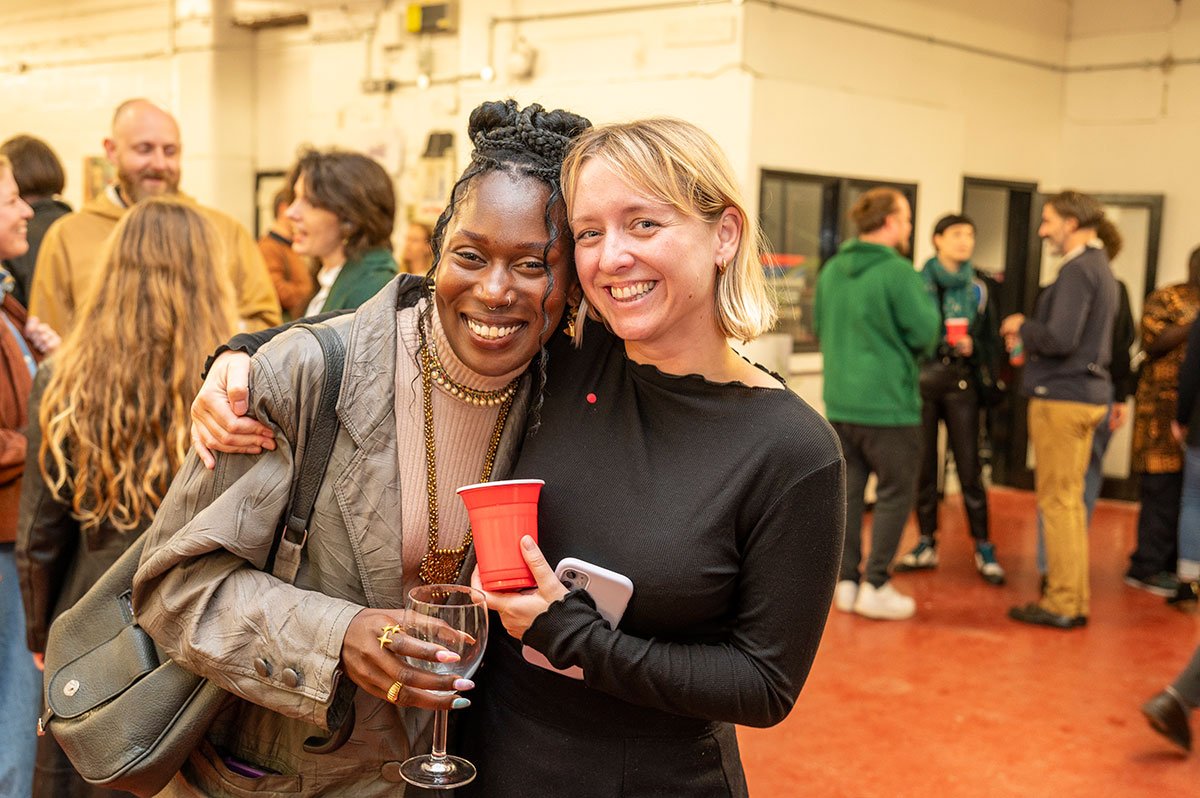
One of the challenges DEPOT faced was balancing professionalism with a relaxed ethos. "Through our partnership between commercial galleries willing to embrace collaboration, a local non-profit with a social justice mission, and an art tech company with international expertise, we felt this balance was essential. A supportive structure where part of the funds are reinvested into the local community was not only necessary but welcomed," says a founding member. This collaboration not only broadened the artistic voices represented but also created a sense of shared investment in the community.
As DEPOT grows, the founders aim to maintain the event’s unique character. Gallery selection, which in its first edition relied on personal relationships, will continue to evolve through invitations from previous exhibitors. "We want to include more international galleries and artists in future years, but we must grow sustainably. Keeping participation affordable and attendance free is essential to maintaining the accessibility that sets DEPOT apart," the founders note.
Looking ahead, the founders draw inspiration from models like Felix LA and TERRA in France — art fairs with relaxed vibes and exceptional curation. However, the concept of DEPOT is designed to be adaptable to other cities. "Art fairs typically have high upfront costs, which can be a barrier to entry. DEPOT lowers that threshold and makes use of disused spaces, which could be a replicable model for other cities looking to revitalise their local art scenes," the founders explain.
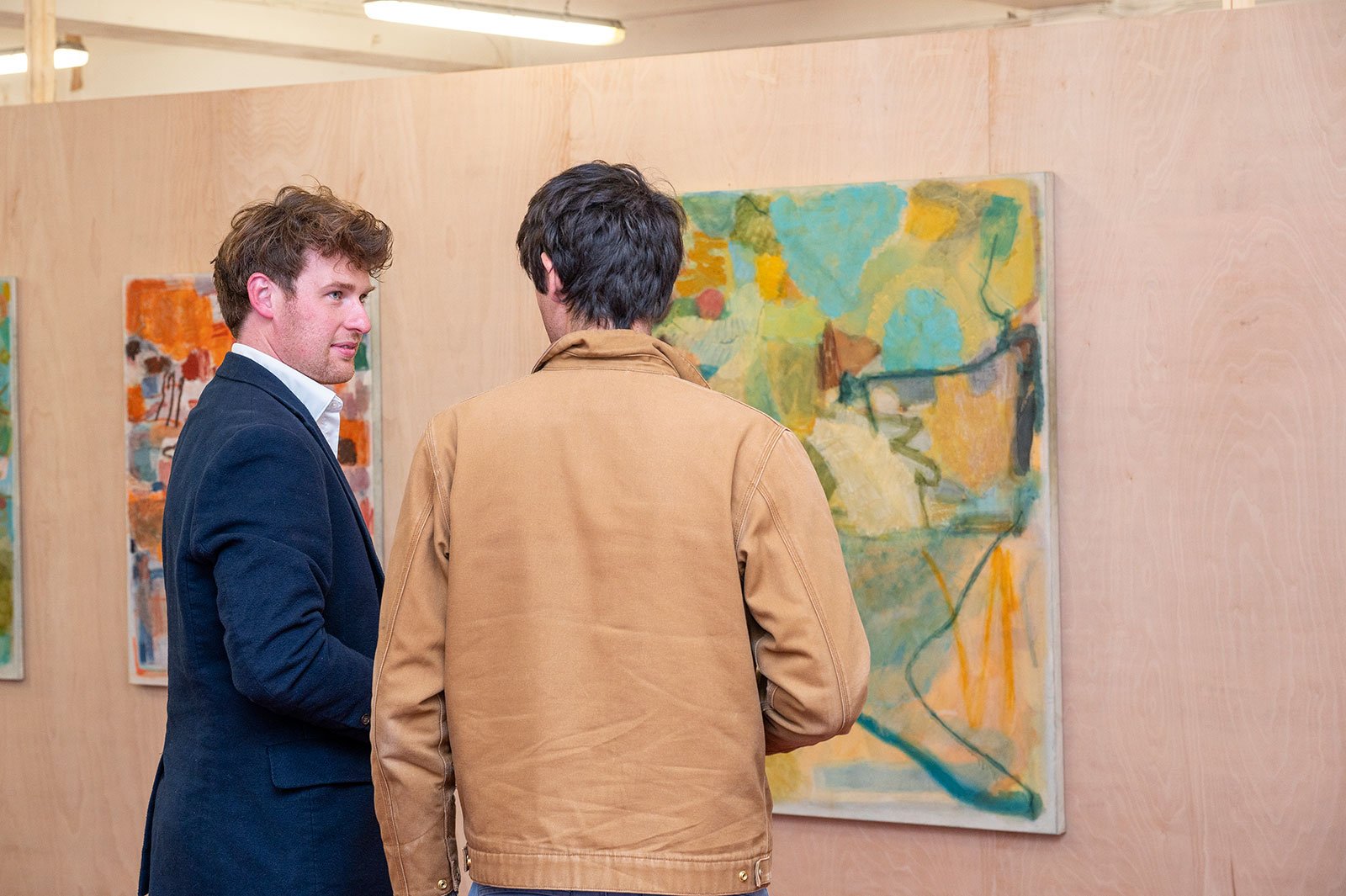
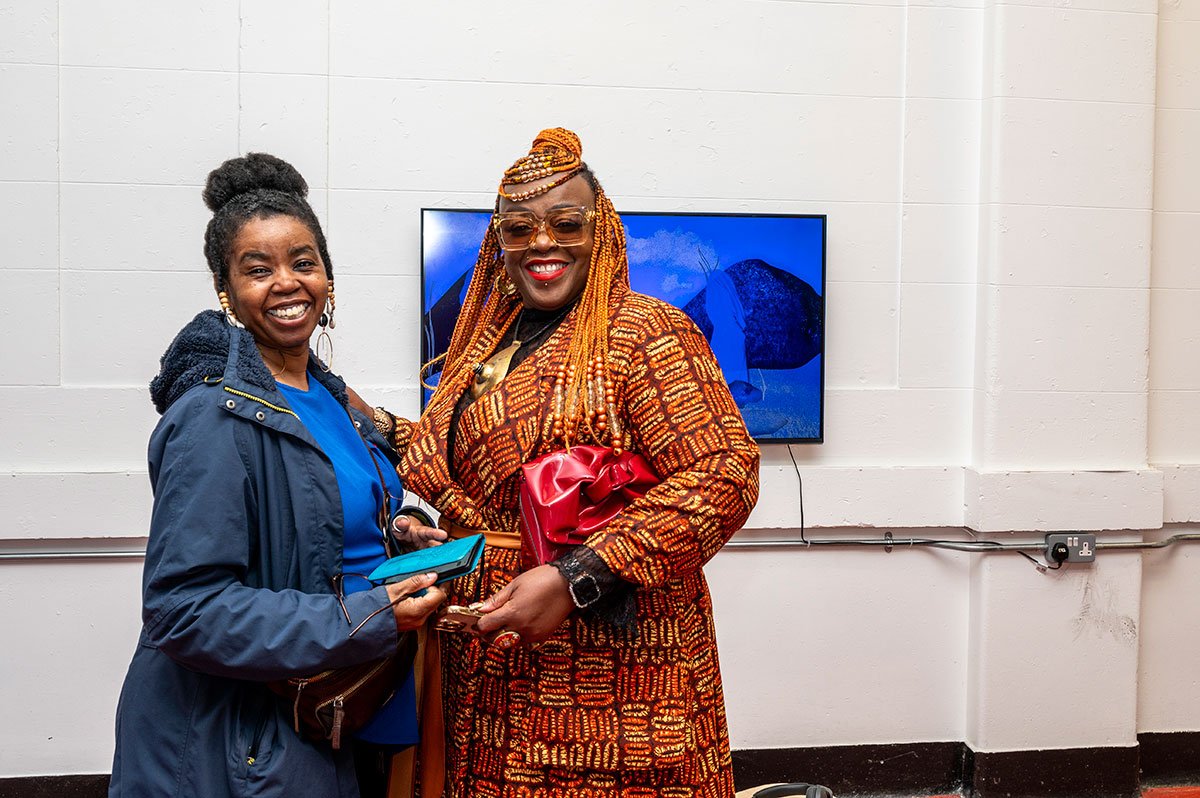

The success of the first edition, despite the challenges posed by organising the event in just eight weeks, speaks to the power of collaboration. "It’s incredible what we were able to achieve—music, a well-stocked bar, a relaxed vibe—and all while showcasing fantastic art. But there’s room to improve: we’re exploring sponsorship to help streamline operations and add collector-focused events and outreach to increase engagement with wider communities, art schools, and art groups. Ultimately, though, collaboration and access will always remain at the heart of DEPOT," they affirm.
DEPOT has not only proved that the British art market can thrive outside London, but it has also shown that a collaborative and community-driven model can lead to a more inclusive and meaningful art experience. By embracing collaboration over competition, DEPOT has created a blueprint for a new kind of art fair—one that prioritises values, community, and accessibility, offering a fresh and inclusive experience for all involved.
The galleries at DEPOT ‘24 included:
• Aleph Contemporary (Stroud)
• Benjamin Parsons (Oxford)
• Brooke Benington (London)
• Fusion Arts (Oxford)
• Hannah Payne Art (Oxford)
• Informality (Henley)
• RAW Editions (London)
• School Gallery (Folkestone)
• Soho Revue (London)
• Tin Man Art (Hampshire/London)
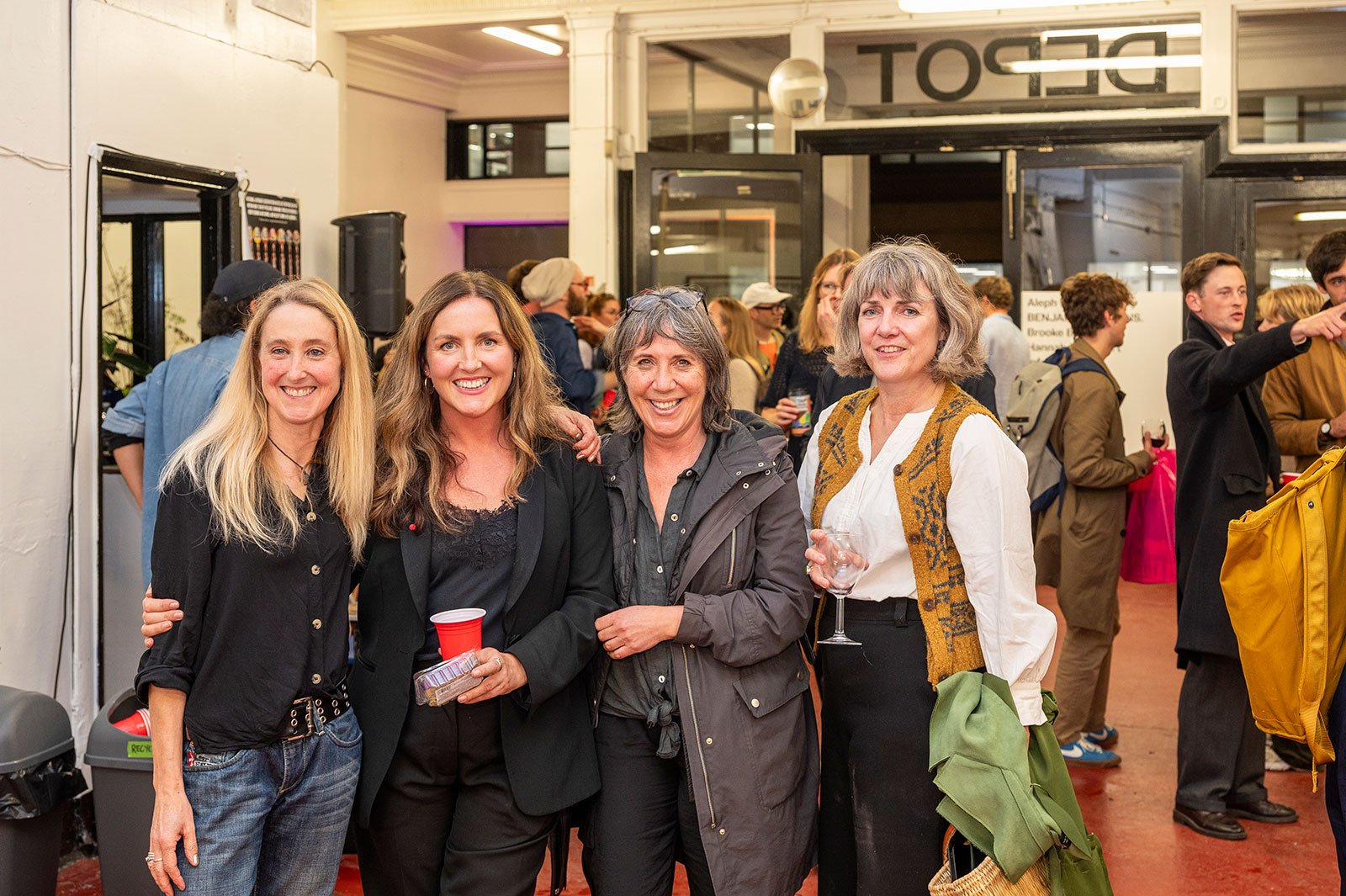


More Media
February 11, 2026
In this conversation George speaks with Yeni Mao in his Mexico City studio. This episode is released to coincide with Mexico City Art Week 2026 when Yeni will be exhibiting with Brooke Benington at the Material Art Fair as well as other projects across the city. They the importance of communities and subcultures in his sculpture practice and his artistic journey, including living and working in New York before moving to Mexico City and in doing so finding a new and growing audience for his work.
January 27, 2026
In this first episode of season 2; George visits Jane Hayes Greenwood in her South East London studio, shortly before her solo exhibition Weird Weather at Ione & Mann with Castor, in London. The discus Jane's evolution as an artist and returning home to the Yorkshire landscape of her childhood as she begins to process the passing of her mother through her latest series of paintings.
October 30, 2025
In this episode, George visits Adeline de Monseignat in her Mexico City studio, recorded during Mexico City Art Week in February 2025. It’s a warm conversation between friends that traces Adeline’s path from living and working in London to building a practice in Mexico City. They revisit the early steps of her career, how her sculpture has evolved, and the threads that run through it.
June 17, 2025
We talk with Carla to talk about her recent exhibition The Fuddling Gossips, and how gossip, care, and collaboration continue to shape both her practice and her community studio, Common Clay.

 Collaborations
Collaborations

